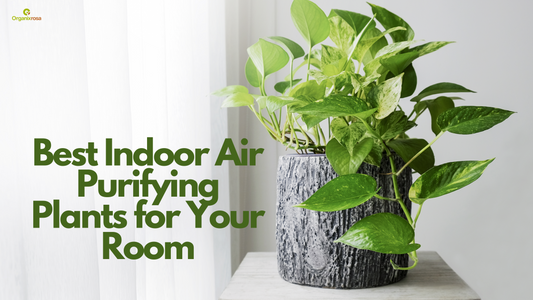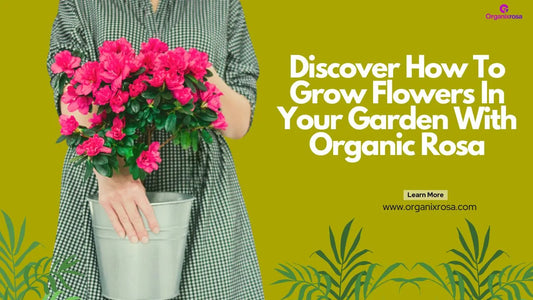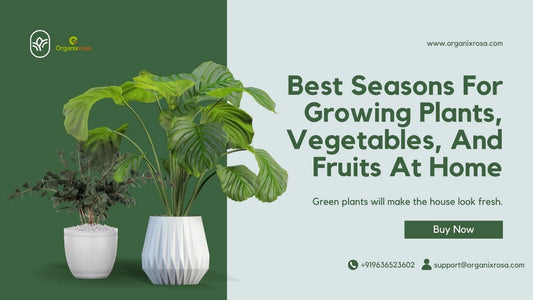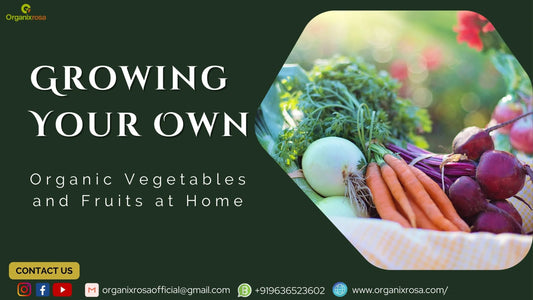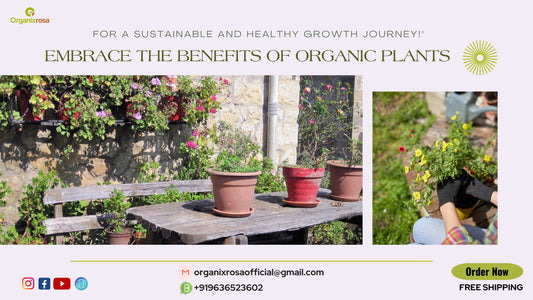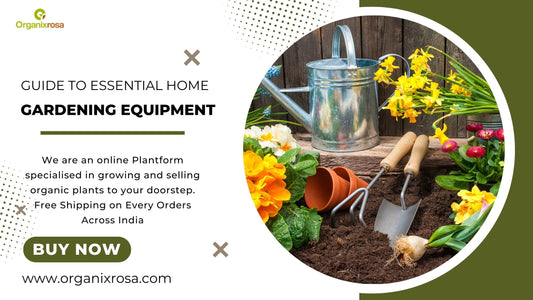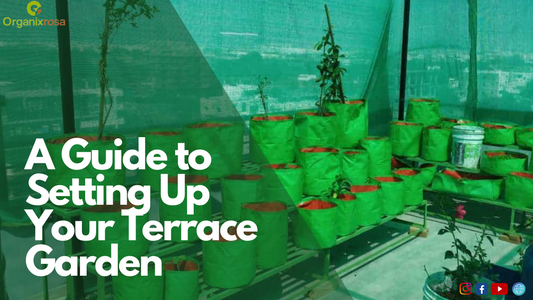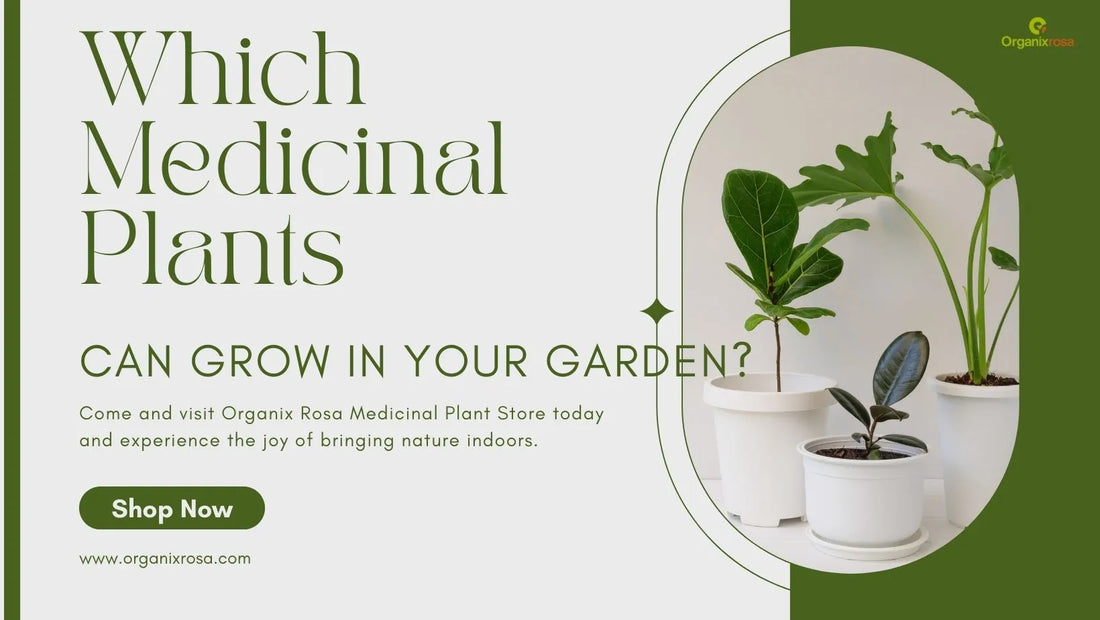
Which Medicinal Plants Can Grow in Your Garden?
Medicinal plants have been used for centuries to treat a variety of ailments. In recent years, interest in growing medicinal plants at home has been resurgent. This is partly due to the increasing popularity of natural and holistic health care.
Benefits of growing medicinal plants
There are many benefits to growing medicinal plants at home. First, it gives you access to fresh, high-quality herbs whenever needed. Second, it can save you money on herbal supplements and medications. Third, it can be a fun and rewarding hobby.
If you are interested in growing medicinal plants at home, there are a few things you need to know. First, choose the right plants for your climate and growing conditions. Second, you need to learn how to care for your plants properly. Third, you need to know how to harvest and prepare your herbs.
Choosing Medicinal Plants
1. The first step in growing medicinal plants at home is choosing the right plants for your climate and growing conditions with natural remedies. Some plants are better suited for warm temperatures, while others are better suited for cold climates. Some plants prefer full sun, while others prefer partial shade.
2. It is also essential to consider the size of your garden when choosing medicinal plants. Some plants, such as chamomile and lavender, can grow quite large. Others, such as echinacea and peppermint, are more compact.
3. Once you have considered your climate, growing conditions, and garden size, you can choose the medicinal plants you want to grow. Here are a few popular options:
- Chamomile: Chamomile is a calming herb often used to treat anxiety, insomnia, and indigestion.
- Echinacea: Echinacea is a popular immune booster often used to treat colds and flu.
- Lavender: Lavender is a relaxing herb often used to treat anxiety, insomnia, and headaches.
- Peppermint: Peppermint is a digestive aid often used to treat indigestion, nausea, and gas.
Caring for Medicinal Plants
- Once you have chosen your medicinal plants, you must learn how to care for them properly. This includes watering, fertilizing, and organic pest control.
- Watering is one of the most important aspects of caring for medicinal plants. Water your plants regularly, but do not overwater them. Overwatering can lead to root rot and other problems.
- Fertilising your plants is also essential. Use a balanced fertiliser appropriate for the type of plants you are growing.
- Pest control is another crucial aspect of caring for medicinal plants. Some common pests include aphids, spider mites, and whiteflies. You can control pests by using insecticidal soap or neem oil.
Harvesting and Preparing Medicinal Plants
Once your medicinal plants have matured, you can harvest them. The best time to reap depends on the type of plant. For example, chamomile flowers are harvested when they are fully open. Echinacea roots are harvested in the fall.
- Once you have harvested your medicinal plants, prepare them for use. This may involve drying, crushing, or making a tincture.
- Drying is the most common way to prepare medicinal plants. To dry your plants, hang them upside down in a dark, cool place. Once they are dry, you can store them in an airtight container.
- Crushing is another way to prepare medicinal plants. To crush your plants, use a mortar and pestle. You can also use a food processor.
- Making a tincture is a way to extract the medicinal properties of plants. To make a tincture, combine the plant material with alcohol. You can then store the mixture in an airtight container.
Conclusion
Growing medicinal plants at home is a great way to access fresh, high-quality herbs whenever needed. It can also be a fun and rewarding hobby.
Additional Tips: If you are interested in growing medicinal plants at home, there are a few things you need to know. First, choose the right plants for your climate and growing conditions. Second, you need to learn how to care for your plants properly. Third, you need to know how to harvest and prepare your herbs.
With a little planning and care, your home garden can transform into a haven of natural remedies. So, get your hands dirty, embrace the power of plants, and grow your own medicine today!

